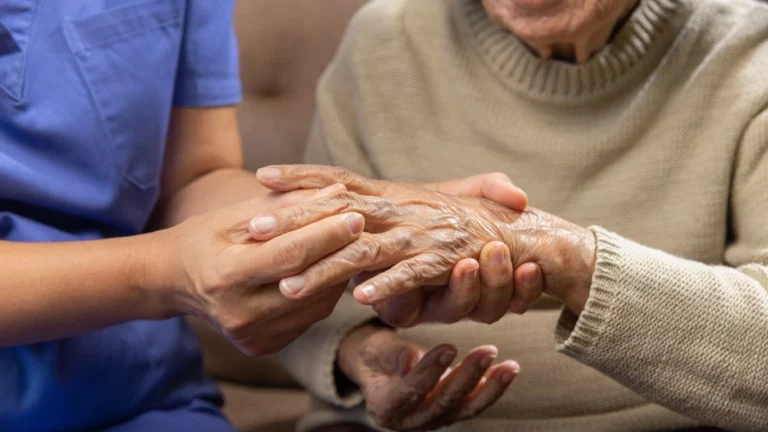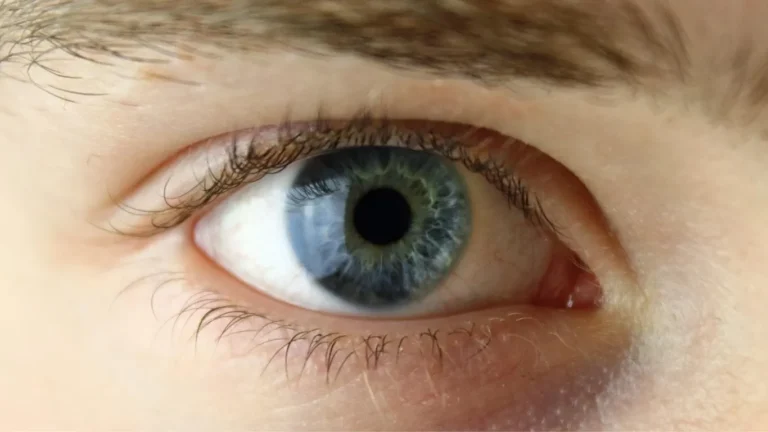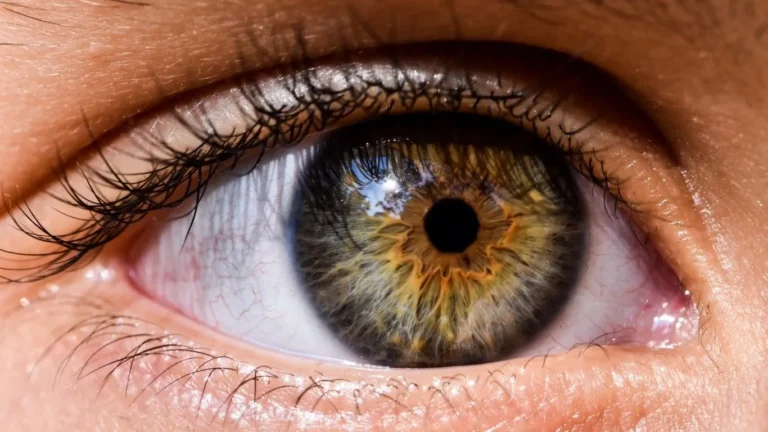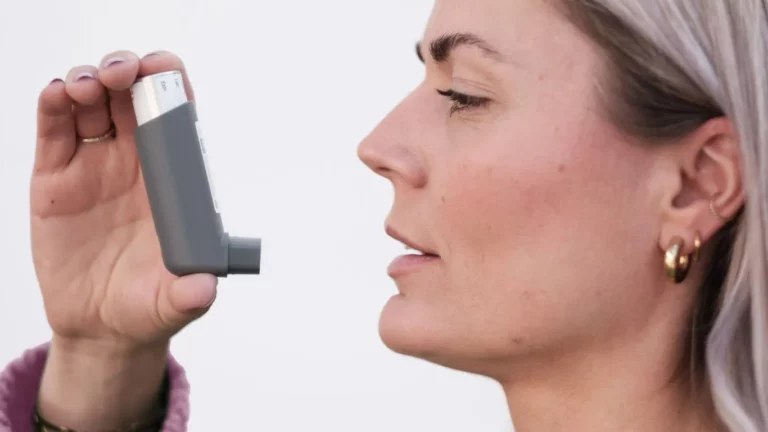Acid Reflux and Water Intake: How Drinking Water Can Help Manage Symptoms
Wondering if drinking water can help with acid reflux? Discover the relationship between water intake and acid reflux relief, plus tips to manage symptoms in this practical guide.
Living with acid reflux can feel like a never-ending battle, and if you’re anything like most people, you’ve probably tried all sorts of remedies to get some relief. From over-the-counter antacids to lifestyle changes, the search for comfort is real. But did you know that something as simple as drinking water could make a difference in managing your symptoms?

What Is Acid Reflux?
Before we dive into how water intake can help, let’s quickly recap what acid reflux actually is. If you’ve ever experienced that burning sensation in your chest after eating, chances are you’ve had acid reflux. But for those who aren’t as familiar with the term, acid reflux happens when stomach acid escapes into the esophagus. This can cause heartburn, a sour taste in the mouth, chest pain, and even difficulty swallowing.
How Does Water Help with Acid Reflux?
So, can drinking water really help with acid reflux? Absolutely! It might seem simple, but hydration can play a key role in managing reflux symptoms. Let’s break down how it works.
1. Water Dilutes Stomach Acid
When you drink water, it helps to dilute the stomach acid, which can reduce the intensity of acid reflux symptoms. This is especially helpful if your stomach acid is highly concentrated after a meal. Drinking a glass of water after eating can help dilute that acid and make it less likely to irritate your esophagus.
2. Water Can Flush Out Acid
In addition to diluting stomach acid, water helps your body flush out excess acid. Staying hydrated supports the natural production of saliva, which has an alkaline effect that helps neutralize stomach acid. This can make a big difference in reducing heartburn, especially if you’re prone to it after certain meals.
3. Water Helps the Digestive Process
Drinking water regularly supports digestion by helping food move smoothly through the digestive tract. If you’re dehydrated, your body can struggle to process food properly, which can lead to constipation and other digestive issues that exacerbate acid reflux symptoms. Proper hydration keeps things moving and may help reduce the chance of acid reflux flaring up.
4. Water May Aid in Preventing Overeating
Sometimes, acid reflux happens because we eat too much at once. Drinking water before meals can help curb your appetite, making it easier to avoid overeating. Since overfilling the stomach can cause acid to back up into the esophagus, staying hydrated can help you regulate your food intake and avoid those uncomfortable acid reflux episodes.

How Much Water Should You Drink?
You might be thinking, “Okay, so water helps—how much should I drink?” The short answer: it varies, but a good rule of thumb is to aim for about 8 cups (64 ounces) of water per day. However, the exact amount can depend on factors like your age, weight, activity level, and overall health.
If you have acid reflux, staying well-hydrated throughout the day is essential. Sipping water consistently, rather than gulping down large amounts at once, is also key. Drinking water slowly throughout the day allows your digestive system to process it properly.
Can Water Trigger Acid Reflux?
You might be wondering, “Wait, can drinking too much water actually make my acid reflux worse?” In most cases, no—drinking water shouldn’t make reflux worse. But for some people, chugging too much water at once can cause bloating and pressure in the stomach, which could contribute to reflux symptoms.
If you find that drinking large amounts of water in one sitting leads to discomfort, try sipping small amounts throughout the day instead. It’s about balance!
Other Tips for Managing Acid Reflux with Water
1. Drink Water Before, Not After, a Meal
While drinking water during a meal can help digestion, it’s best to drink a glass of water about 30 minutes before eating. This can help hydrate your stomach and support the digestive process without adding extra volume to an already full stomach. Drinking after a meal can sometimes worsen reflux because the stomach is already full, and the added water might push stomach contents up into the esophagus.
2. Avoid Carbonated Water
When it comes to water, not all options are created equal. Carbonated water, with its bubbles and fizz, can actually cause bloating and put pressure on the lower esophageal sphincter (LES)—the muscle that keeps stomach acid from coming up into the esophagus. If you have acid reflux, it’s best to stick to still water instead of sparkling or carbonated varieties.
3. Add a Slice of Lemon (But Don’t Overdo It!)
Lemon water is often touted as a digestive aid, but for those with acid reflux, it can be a bit of a double-edged sword. In moderation, a small amount of lemon in water may help balance your pH and promote digestion. But don’t overdo it, as citrus is acidic and could trigger symptoms if consumed in excess.

Conclusion: Stay Hydrated for Reflux Relief
In the battle against acid reflux, water can be one of your strongest allies. By staying hydrated, you can dilute stomach acid, aid in digestion, and even reduce the likelihood of reflux symptoms. It’s an easy, natural way to give your body the support it needs to keep things running smoothly. Remember, everyone’s body reacts differently, so it’s important to pay attention to how your body responds and adjust your water intake accordingly.
Next time you feel that burn creeping up your chest, try reaching for a glass of water instead of a pill—it just might be the relief you’ve been looking for.
Appendices
10 FAQs About Acid Reflux and Water Intake
- Can drinking water help with acid reflux symptoms? Yes! Water can dilute stomach acid and help neutralize the burning sensation that comes with acid reflux.
- How much water should I drink if I have acid reflux? Aim for at least 8 cups (64 ounces) of water per day, but adjust based on your body’s needs.
- Can carbonated water make acid reflux worse? Yes, carbonated water can create pressure in the stomach and may worsen acid reflux symptoms.
- Does drinking water before a meal help with digestion? Yes, drinking water 30 minutes before meals can aid digestion and prevent overeating.
- Can too much water trigger acid reflux? Drinking too much water at once can cause bloating and discomfort, which may contribute to reflux symptoms.
- Is lemon water safe for acid reflux? In moderation, lemon water may be helpful, but don’t overdo it, as citrus can irritate the stomach.
- How long after drinking water should I wait to eat? It’s best to drink water 30 minutes before eating to avoid overfilling your stomach.
- Can water cure acid reflux? While water can help manage symptoms, it’s not a cure for acid reflux. Lifestyle changes and medication may be necessary.
- What types of water are best for acid reflux? Still, non-carbonated water is the best option for acid reflux sufferers.
- Does drinking water reduce the need for antacids? In some cases, water can reduce symptoms, but for persistent reflux, you may still need antacids or medication.
References
- American College of Gastroenterology (2024). Acid Reflux and GERD. Read Article
- National Institute of Diabetes and Digestive and Kidney Diseases (NIDDK). (2023). Gastroesophageal Reflux Disease. Read Article
- Healthline (2024). Water and Digestion: How Hydration Affects Your Body. Read Article
Disclaimer
Disclaimer: The information in this article is for educational purposes only. It is not a substitute for professional medical advice. Always consult with a healthcare provider for personalized recommendations regarding acid reflux or any other medical condition.

Camellia Wulansari is a dedicated Medical Assistant at a local clinic and a passionate health writer at Healthusias.com. With years of hands-on experience in patient care and a deep interest in preventive medicine, she bridges the gap between clinical knowledge and accessible health information. Camellia specializes in writing about digestive health, chronic conditions like GERD and hypertension, respiratory issues, and autoimmune diseases, aiming to empower readers with practical, easy-to-understand insights. When she’s not assisting patients or writing, you’ll find her enjoying quiet mornings with coffee and a medical journal in hand—or jamming to her favorite metal band, Lamb of God.







